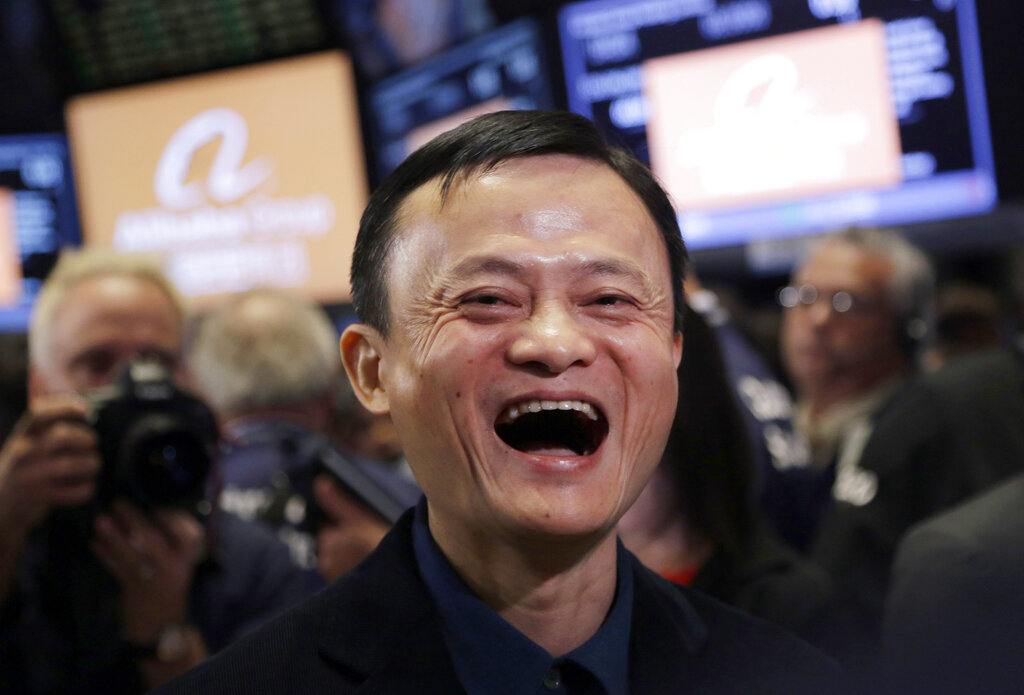
Being right about a company’s growth potential early on in their journey, before their competitive advantages become obvious, and they hit high growth, could pay off in the form of lower prices. The question is how to find such opportunities, and where to begin the search.
To try and answer these questions, we looked at a stock’s Morningstar moat trend ratings. This is a way to unearth some of the future moat-y companies -- they may not have noticeable competitive advantages, but our analysts believe their strength will improve over time. Companies with positive moat trends have competitive advantages that are strengthening; those with negative moat trends face weakening competitive advantages. And those with stable moat trends are maintaining whatever competitive advantages they have. This contrasts to Morningstar’s three-tier economic moat ratings which describe how long a company’s economic moat can last.
On Morningstar Direct, looked for promising stocks on the cheap. These are mainland Chinese companies in our coverage universe that have positive moat trends, and either standard or exemplary stewardship ratings. Standard or better stewardship ratings are given to company management that have a record of capital-allocation decisions that would prove to have the wherewithal to establish or deepen their companies’ competitive advantages.
We arrive at five undervalued promising stocks. Two additional stocks, that fulfill all other metrics but currently trading on the expensive side, are also included in the list for investors to watch. Here’s the list.
Here’s a closer look of four future wide-moat stocks:
China Resources Pharmaceutical Group (03320)
China Resources Pharmaceutical Group’s positive moat trend is backed by the cost advantage of its distribution segment. Like all distributors, CR Pharma’s position is likely to strengthen in the near-term, although it is important to bear in mind that on a longer horizon, consolidation among drug manufacturers or large scale centralized purchasing may eventually counteract this trend. Additionally, like Sinopharm and unlike Shanghai Pharmaceuticals, the company has invested substantially in expanding into inland Chinese provinces, which is characterized by higher growth, higher profit margins, and also greater working capital requirements, financing costs, and credit impairment on receivables.
- Jay Lee, equity analyst
Innovent Biologics (01801)
On top of obtaining additional indication approvals and expansion into more geographies for Tyvyt and its biosimilars, Innovent is also strengthening its pipeline with progress in its pipeline of fast-follower and innovative candidates.
With the exception of its three approved biosimilars, we expect most of Innovent’s future sales to be derived from either fast followers, first-in-class, or best-in-class drugs, which means their prices will be controlled via NRDL negotiations rather than centralized procurement, a more severe form of price cut. Also, Innovent has a large pipeline of drug candidates in various stages of development
- Jay Lee, equity analyst
Shanghai Junshi Biosciences (01877)
Over the next five years, we expect pipeline candidates to advance to later stages of development, and view many of its fast-follower drug candidates to have a reasonably high chance of achieving commercial success. Examples of early-stage targets that we think could strengthen the moat over the next few years include some oncology drugs and bispecific antibody.
Junshi has already demonstrated its ability to develop innovative drugs quickly and negotiate attractive deals with foreign drugmakers.
Although we do not expect COVID treatments to have long product lifecycles, the speed of development and the attractive terms of the out-licensing deal suggest that Junshi will have more opportunities to monetize its pipeline if its innovative pipeline candidates ultimately succeed.
- Jay Lee, equity analyst
Sinopharm Group (01099)
The industry consolidation trend should continue, thereby reinforcing the cost advantage that Sinopharm enjoys. There are likely to be mitigating factors, such as increased financing cost or greater margin compression, but we believe the magnitude should be manageable for large distributors and still allow them to earn reasonable return on invested capital. Additionally, such pressures will likely increase the dominance of large distributors, making it increasingly difficult for smaller players to create a similar cost advantage by building their own distribution networks of comparable scale.
- Jay Lee, equity analyst











.png)





.jpg)





